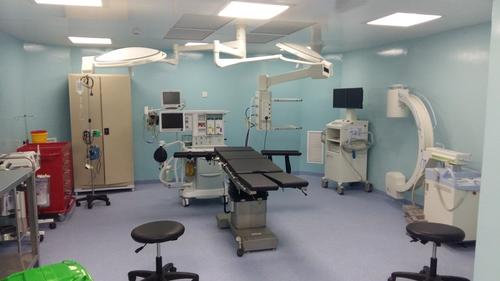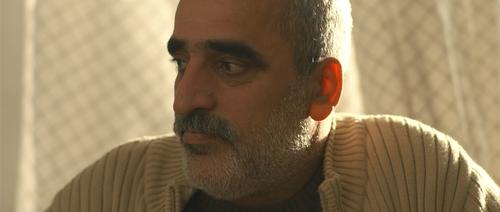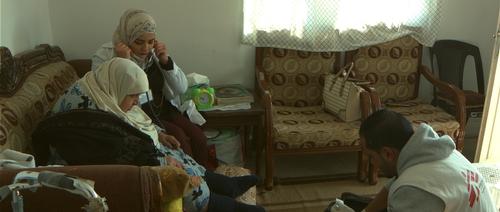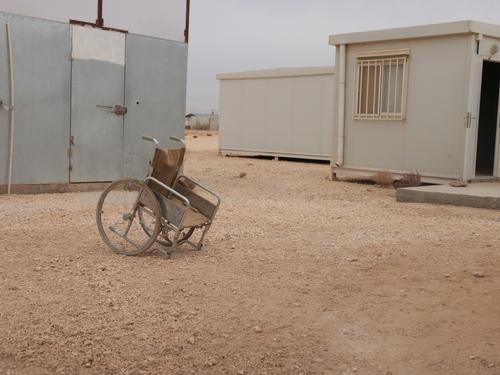I started working with Médecins Sans Frontières (MSF) when I retired in 2013. This is my fourth mission; I worked in Yemen and Afghanistan previously.
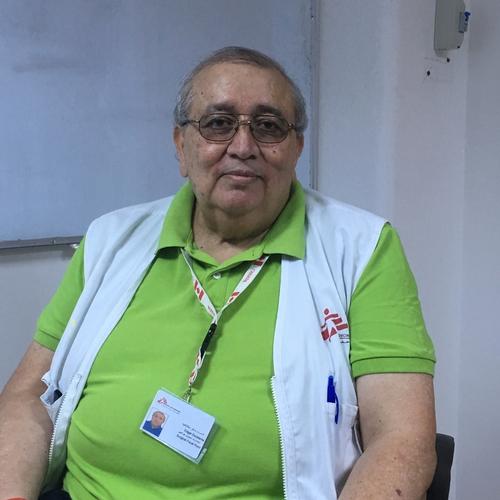
After Yemen and Afghanistan, I expected to find a similar setting in Ramtha, northern Jordan. But I was impressed with this context; we were so close to the conflict zone, yet in a safe and peaceful place at the same time. It’s been almost a year since I came to the Ramtha Emergency Surgical Project in Jordan and I have seen many changes since then.
One of the cases that really touched me, that I will never be able to forget, was the case of this Syrian young man that came to us after being injured in a bomb blast. He had severe head trauma, massive abdomenal damage and multiple open fractures in his arm and legs. The chances of saving his life were practically nil.
After applying external fixators
The case was considered a hopeless one, but we continued the battle. One day during the round noticed some eye movement for a few seconds telling me he was still with us. I held his hand and he answered with a grip, and then I knew for sure that the battle was about to start. It’s been seven months since then and after many operations, chest, brain and many orthopaedic surgeries I have him back and recovering in our facility in Zaatari refugee camp. He talks to me, he sings and he is beginning to walk again, and every week I visit him in the camp and I every time I receive the best reward to all these effort; a big smile, a hand shake and the word “Shukran”
What I enjoy most about working in this project is not only the ability to contribute to the treatment of the Syrian wounded, but also working hand-in-hand with my Jordanian colleagues for the same cause; to make a difference in the lives of the Syrian people. And today, with the opening of this new operating department, a new stage in the life of the Ramtha surgical project is about to start.
This program is of great importance to both the Syrian and the Jordanian people. We have now a high standard of attention for the Syrian war-wounded as well as good training opportunities for Jordanian staff. Looking to the near future, I expect this project will be expanded to include new admission criteria and training opportunities, not only for the Jordanian staff but for the Syrian doctors and nurses working across the border in facilities supported by MSF.



